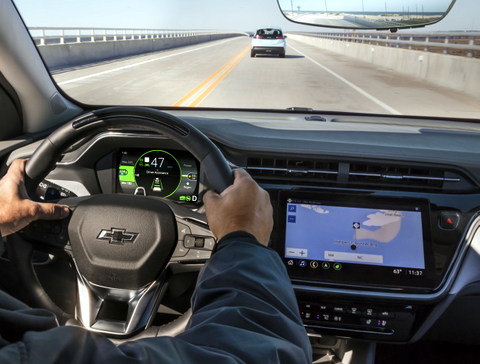Tips to Uncover Hidden Fuel Efficiency
As we collectively experience the rise in the pricing of everyday items, it’s natural to look for new ways to save up money.
The current inflation definitely didn’t only affect the price of our groceries—as diesel and gas became more expensive, too.
Thankfully, by incorporating only a few habits into your daily life, you can increase your fuel economy. With these six easy ways to boost car fuel efficiency, you will save money and also release fewer emissions into the air.

1. Do More in One Trip
One of the quickest and most efficient ways to boost your car’s fuel efficiency is to plan your trips ahead.
By doing more in just one trip, you decrease the times your automobile has to do a cold start. This uses a lot of fuel, approximately twice as much as just doing more errands in one trip will.
If you’re working flexible hours, anticipate the high-traffic timeframes so you can avoid getting stuck in the traffic. Also, plan your trips ahead so you can achieve more things in just one go.
2. Remove the Cargo Carrier
Most people believe this has nothing to do with boosting a car’s fuel efficiency.
However, excess weight the cargo basket puts on your car is not usually what makes the car use up more fuel. It’s the fact that your vehicle needs more power to cut through the air resistance created by the carrier.
That being said, just because your bicycle is lightweight, it still shouldn’t stay attached to your car when you don’t need it.
3. Check Tire Pressure
A study by the National Highway Traffic Safety Administration (NHTSA) proved that underinflated tire increase fuel use.

It showed how as little as a 10% decrease in tire pressure leads to a 2% higher fuel consumption.
Underinflated tires lead to poor braking performance and increased rolling resistance. Both of these make the engine work harder, which burns more fuel.
The tires on your automobile don’t even need to look underinflated to be so. That’s why it’s always best to check them using a tire gauge.
4. Drive Steadily
Your driving style can greatly affect fuel efficiency.
There are studies that show this. If you vary your speed up and down between 45 and 52 mph every 18 seconds, this increases fuel use by 20%.
Speed also kills fuel economy. You use 20% more fuel if you drive your car at 75 mph instead of 62 mph.
The best way to go around this is to respect and obey the speed limits. Another trick is to use the pull of gravity. When going downhill, use it to regain your momentum while driving.
5. Pack Only What’s Necessary
By reducing the number of things you carry in your car, you also reduce fuel consumption and emissions. There’s even a study that proves this.

For every 22-pound reduction, you save $104 in fuel costs, and for every 220 lbs reduction, you save $1,040 in fuel costs. These are the estimated fuel cost savings of over 125,000 miles (the lifetime) of a car.
This is by far the simplest and quickest way to boost fuel efficiency. All you need to do is empty your car of any unnecessary items you keep in your trunk.
6. Regular Engine Checkups
Last but not least, being on top of your regular car maintenance routine is vital for boosting fuel efficiency.
It’s during these regular car checkups that you notice which things need improving, and you notice them on time.
With the engine is serviced regularly and tires inflated properly, your car will drive more efficiently without having to use excess fuel.
Final Word
By improving fuel economy, you not only save more money but also cut out harmful carbon emissions into the air. By incorporating these free six easy ways to boost car fuel efficiency, you’ll make your car drive effortlessly once again.

RE: “…engine check-ups…” and regular maintenance means different things to different people. To me it means not only having a “check-up” routine but doing the right and smart things so that one can experience not only a reduction of emissions but related operating and maintenance expenses. Too many people do not realize that using gasoline with Ethanol produces water which has the potential to cause issues inside the engine. In addition to using the appropriate gasoline additive to rectify that the non-petroleum based engine lubricant, ie synthetic, adds the seventh efforts to “…boost car MPG”.
@Rudy Hiebert,
Great additional tips, although most modern engines are calibrated to handle the small portion of ethanol found in most gasoline. But regular check-ups are a must–and one of the arguments for electric drive (which doesn’t have the same fluid check routine). –ed.